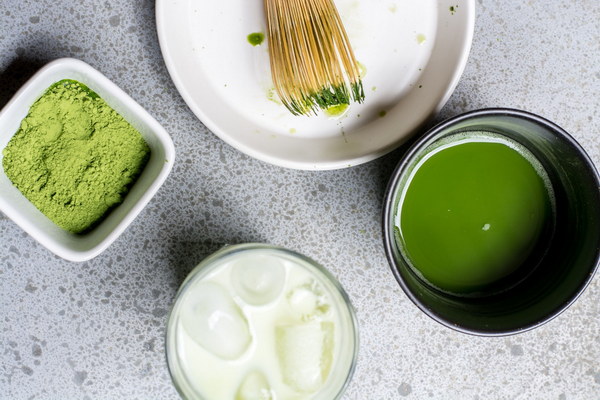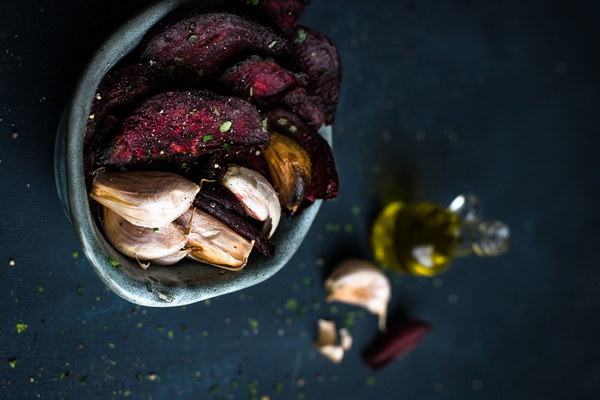Harmonizing with Nature A Traditional Chinese Medicine Perspective on Lung Health and Nutrition
In the realm of Traditional Chinese Medicine (TCM), the concept of Yin and Yang and the balance of the five elements – wood, fire, earth, metal, and water – are foundational principles guiding the holistic approach to wellness. Among these elements, the metal element is particularly associated with the lungs, emphasizing the importance of lung health in overall physical and mental well-being. This article delves into the TCM perspective on lung health and nutrition, offering insights into how one can support their lung function through a harmonious balance of diet, lifestyle, and herbal remedies.
The Lungs in TCM: A Vital Organ
According to TCM, the lungs are responsible for the intake of oxygen and the expulsion of carbon dioxide, playing a crucial role in the respiratory system. Beyond this, the lungs are also closely connected to the immune system, the skin, and the large intestine. In TCM, the lungs are believed to be the primary organ associated with the metal element, which is characterized by its ability to transform and refine.
Harmonizing Lung Function with Diet
In TCM, dietary choices can have a profound impact on lung health. Foods that are considered to nourish the lungs typically have a sweet, cooling, or slightly bitter taste and include:
1. Fruits and Vegetables: Apples, pears, plums, and berries are rich in antioxidants, which can help protect the lungs from damage. Vegetables like spinach, broccoli, and asparagus are also beneficial due to their cooling properties.
2. Nuts and Seeds: Almonds, walnuts, and sunflower seeds are excellent sources of healthy fats and protein, which can help strengthen the lungs.
3. Whole Grains: Foods like quinoa, brown rice, and oats are grounding and can support lung function by providing energy and balancing the body's internal environment.
4. Herbal Teas: Herbs such as mullein, thyme, and ginger can be used to make soothing teas that support respiratory health.

Lifestyle Choices for Lung Health
In addition to diet, certain lifestyle choices can help maintain lung health according to TCM principles:
1. Regular Exercise: Engaging in activities like walking, tai chi, or yoga can promote lung capacity and improve circulation.
2. Breathing Exercises: Practices such as pranayama, a form of breathing exercise in yoga, can help clear the lungs and improve oxygen intake.
3. Avoiding Pollution: TCM emphasizes the importance of avoiding environmental factors that can harm the lungs, such as air pollution, smoke, and dust.
4. Stress Management: Stress can weaken the immune system, making the lungs more susceptible to illness. Techniques such as meditation, deep breathing, and gentle exercise can help manage stress levels.
Herbal Remedies for Lung Health
TCM offers a variety of herbal remedies to support lung health. Some commonly used herbs include:
1. Ashwagandha: This adaptogenic herb helps reduce stress and supports the immune system.
2. Elderberry: Elderberry is known for its immune-boosting properties and can help relieve respiratory symptoms.
3. Peony: Peony is believed to nourish the lungs and improve respiratory function.
4. Ganoderma Lucidum: Also known as reishi, this mushroom is prized for its immune-boosting and anti-inflammatory properties.
Conclusion
In conclusion, TCM offers a comprehensive approach to lung health that emphasizes the importance of diet, lifestyle, and herbal remedies. By following these principles, individuals can support their lung function and overall well-being. While TCM is not a substitute for conventional medical treatment, it can be a valuable complement to a healthy lifestyle, helping to maintain respiratory health and enhance the quality of life.









